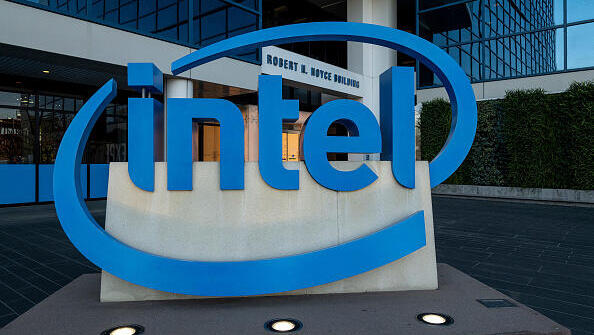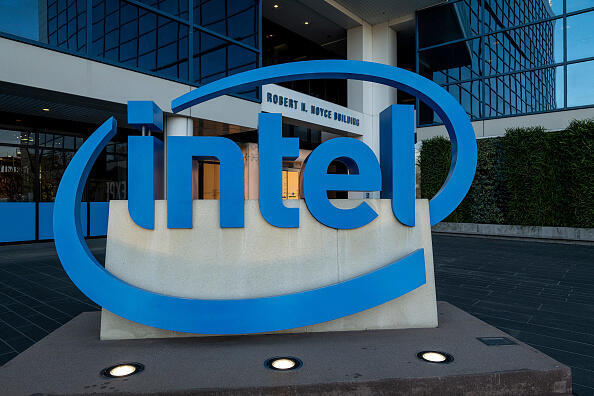
Intel opens up its Arizona fabs to prove it can still build chips that matter
After years of stumbles, the chipmaker is set to unveil the first product built entirely on its long-delayed 18A process.
Intel is preparing to lift the curtain on Panther Lake, its forthcoming generation of laptop chips and the first built entirely using its next-generation 18A manufacturing process.
According to Reuters, in a series of detailed briefings and factory tours held in Arizona last week for analysts and journalists, Intel executives described Panther Lake as a defining test of the multibillion-dollar effort to reclaim technological leadership from rivals such as Taiwan Semiconductor Manufacturing Co. (TSMC) and Advanced Micro Devices (AMD).
The new chips, slated for release in early 2026, are designed to deliver 30% greater energy efficiency and up to a 50% performance boost in some computing workloads compared with the current generation. The architecture introduces a redesigned AI engine and revamped efficiency and performance cores, all optimized for Intel’s 18A process, the company’s first manufacturing node developed entirely in-house after years of outsourcing to competitors.
The Arizona briefings, which included technical sessions and tours of Fab 52, Intel’s newest facility, were intended to demonstrate that the company’s latest process technology is finally ready for large-scale production. Fab 52, where Panther Lake will be built, uses a new transistor design and improved power delivery system meant to rival the industry’s most advanced techniques.
Related articles:
Analysts who attended said Intel avoided disclosing the current yields for Panther Lake, though Reuters previously reported that the figure, the number of usable chips produced per batch, had improved to roughly 10% over the summer, up from 5% late last year.
Intel’s renewed focus on domestic manufacturing has coincided with growing political and financial scrutiny. In July, the company reported a quarterly loss of $2.9 billion and warned that it might suspend work on its planned 14A process if it fails to secure a customer.
Then, following public pressure from former U.S. President Donald Trump, who called for CEO Lip-Bu Tan’s resignation in August, Intel secured fresh backing from SoftBank and Nvidia. In an unusual move, the U.S. government converted a CHIPS Act grant into a 9.9% equity stake in the company, reflecting Washington’s strategic interest in preserving a domestic semiconductor leader.
Reuters contributed to this report.
